Best of both worlds: China wants both zero-Covid and economic growth
China's dynamic zero-Covid policy has come at a heavy toll on the economy and people's livelihoods. However, the Chinese authorities believe that economic growth is still possible amid the strict anti-epidemic measures. Zaobao correspondent Yu Zeyuan looks into the Chinese government's strategy to have the best of both worlds.
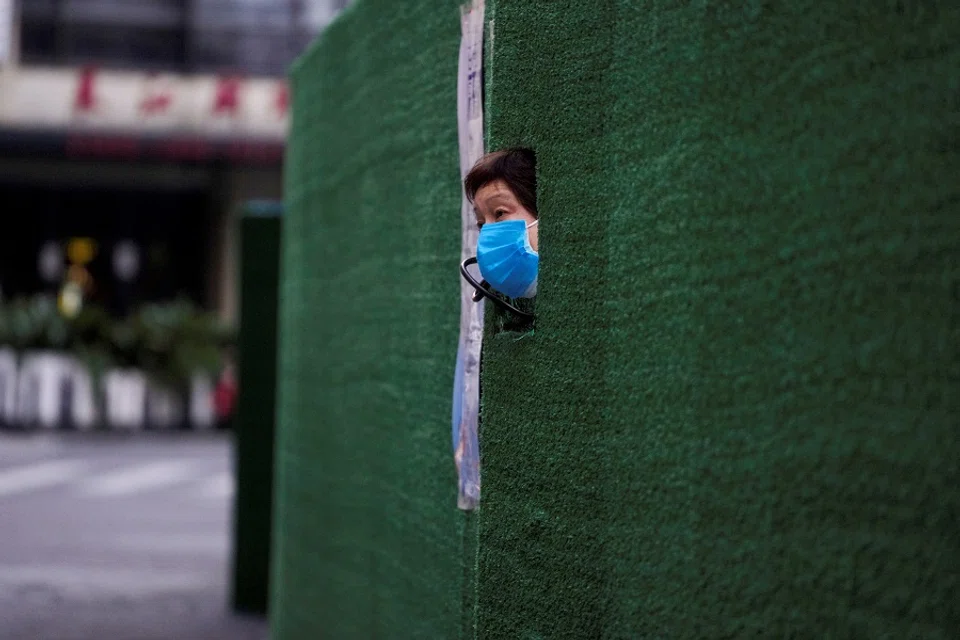
A Chinese proverb goes, "You can't have both the fish and the bear's paw" (鱼与熊掌不可兼得), which is equivalent to saying, "You can't have your cake and eat it too." Both the fish and the bear's paw are good things - no one will say no if they can have both.
The Chinese proverb originated from the teachings of Mencius, "Fish Is What I Desire" (《鱼我所欲也》). He said, "Fish is what I desire, and so are bear's paws. If I cannot have them both, I would choose the latter and forsake the former."
It is not that Mencius does not want fish - under the circumstances that he cannot have both, he has to forgo the fish and choose the more valuable bear's paw. People often use this imagery to describe the helplessness of having to make sacrifices due to limitations.
... compared with the consequences of an economic downturn and destroyed livelihoods, the potential hazards of the pandemic are much smaller.
Economic growth is the bear's paw
Applying it to the current situation, major cities including Shanghai and Beijing are still trying to contain the Covid-19 outbreak, and the economy and people's livelihoods have been greatly affected as a result.
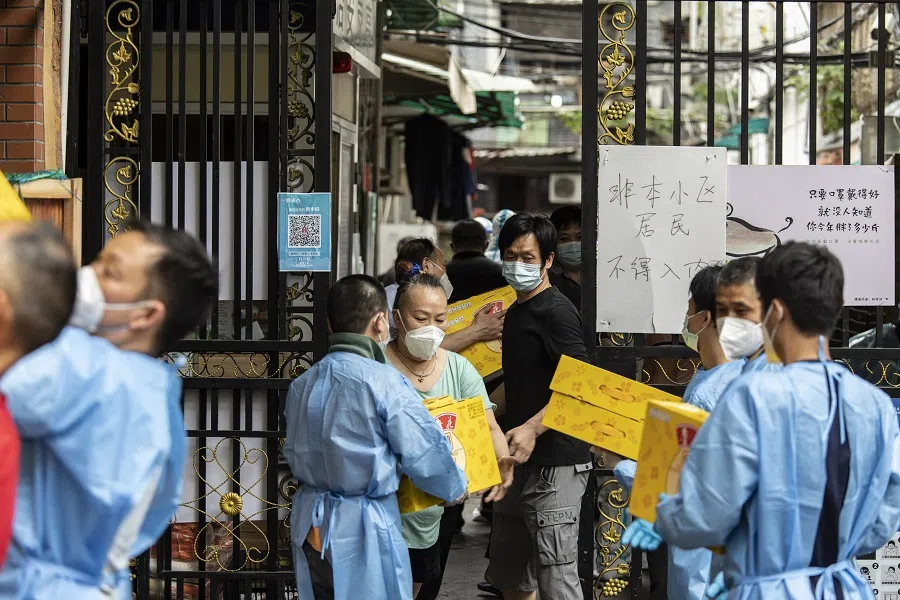
Many believe that epidemic controls and economic growth are like the fish and bear's paw - one cannot have both. If one wants to keep the bear's paw that is economic growth, one has to gradually forsake the fish that is epidemic control. After all, compared with the consequences of an economic downturn and destroyed livelihoods, the potential hazards of the pandemic are much smaller.
Even former Global Times editor-in-chief Hu Xijin, who has always been aligned with the higher-ups, said in an article published on 5 May that Beijing's fight against the pandemic is a "fight with one's back to the river" (背水一战, a fight to win or die). If Beijing's strict set of anti-epidemic measures under the zero-Covid policy is unable to contain the spread of the Omicron variant, the people of Beijing, as well as the rest of China, will have to accept this harsh reality.
Many agreed with Hu, with some even believing that he had been ordered to make such a comment to pave the way for an adjustment of official anti-epidemic policies.
Prior to this, the Politburo of the Chinese Communist Party (CCP) met on 29 April and asked all Chinese regions to stabilise the economy and strive to meet its 2022 growth target of 5.5%. Public opinion believes that China will strive to stabilise growth and employment and also reduce the impact of the pandemic on the economy. As a result, the market has regained some confidence and the stock market has significantly improved.
Market confidence still low
On the same day that Hu published his article, the Politburo Standing Committee of the CCP met and emphasised the importance of resolutely overcoming the thoughts of contempt, indifference and conceit, and of always keeping a clear head. It declared the need to "unswervingly adhere to the dynamic zero-Covid policy and resolutely fight any attempts to distort, question or dismiss China's anti-Covid policy".
... in the uniquely Chinese political language of wanting "this" and "that", both epidemic control and economic growth are good things that must be achieved.
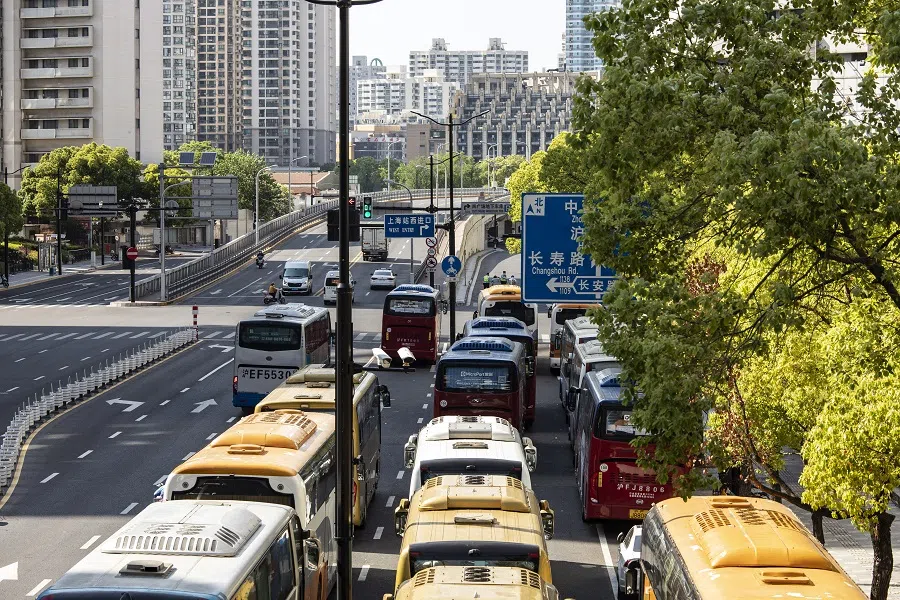
The meeting was tantamount to asserting that those who pit epidemic controls against economic growth and believe that one cannot have both are wrong. The officials not only disagree with such "conceited" thoughts but would also resolutely fight against such words and actions.
Over the past few days, various agencies throughout China have been "learning to implement" the spirit of the Politburo meeting, calling on cadres at various levels to gain a deep understanding of the complexity and difficulty of fighting the virus, and to have a strong sense of responsibility in not letting down their guard, to normalise anti-epidemic control efforts and eventually win the battle against the pandemic.
Clearly, in the uniquely Chinese political language of wanting "this" and "that", both epidemic control and economic growth are good things that must be achieved.
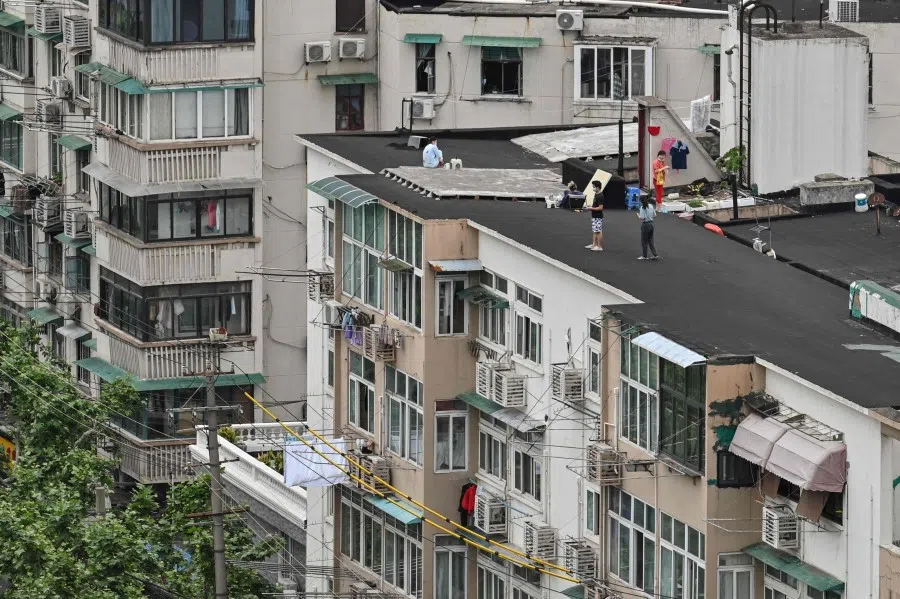
But that is easier said than done. With the impact of the pandemic, coupled with the bursting of the property bubble and the recent regulatory reforms on the platform economy and the private sector, investments have taken a huge dip and market confidence is low. According to China's National Bureau of Statistics, the manufacturing Purchasing Managers' Index dropped by 2.1 percentage points to 47.4% in April this year, compared with the previous month.
This was the second month in a row that this key macroeconomic indicator fell below the 50% mark (a PMI reading above and below 50% indicates growth and contraction respectively) and the lowest value in nearly a year.
At the same time, the strict anti-epidemic controls have brought serious losses to the hospitality, transport and other service industries. Many in these jobs have lost their income - their daily life has come under increasing pressure and their mental state has been seriously affected.
Many feel that even if the pandemic is controlled for the moment, the virus can resurge at any time, and the prevention and control would be unending, leading to a bleak outlook.
Best of both worlds
The debate over the anti-epidemic controls has also divided society. Many feel that even if the pandemic is controlled for the moment, the virus can resurge at any time, and the prevention and control would be unending, leading to a bleak outlook.
After a successful "battle to protect Wuhan" in 2020, China has held on to its dynamic zero-Covid policy, striking a better balance between epidemic control and economic growth, thus having both the fish and the bear's paws.
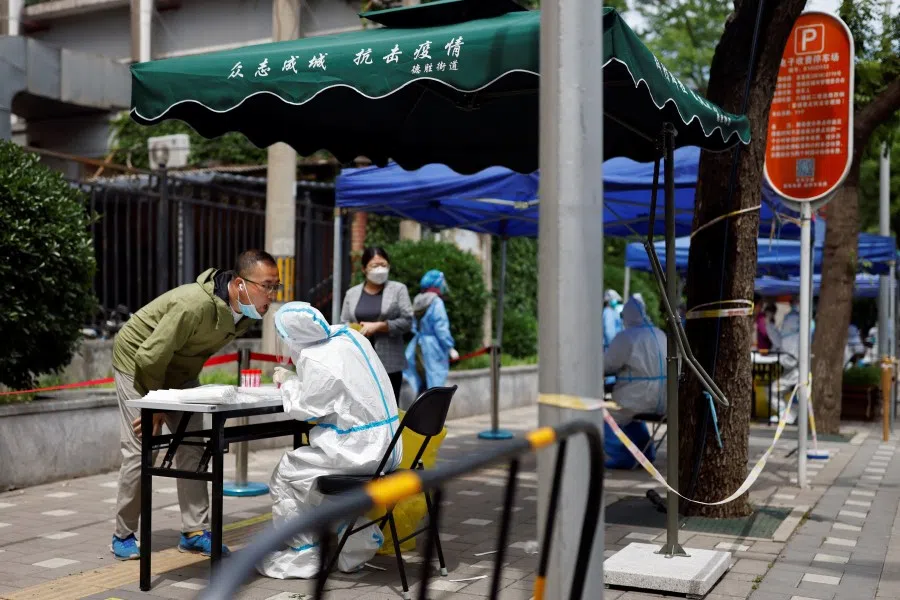
Now that Shanghai has been breached and the situation is serious in Beijing and other places, most people - despite various concerns and dissatisfaction - are still willing to cooperate with the authorities to bring the pandemic under control again. This is the basis of the authorities sticking to wanting the best of both worlds.
However, full or partial lockdowns carry a high socioeconomic price, and are not sustainable in the long term.
If major cities like Beijing and Shanghai remain under a lockdown or partial lockdown after the CCP's 20th Party Congress in the second half of this year, it will be difficult for the authorities to maintain growth, jobs, and livelihoods, and it will eventually have to make a choice between the fish and the bear's paw.


![[Big read] When the Arctic opens, what happens to Singapore?](https://cassette.sphdigital.com.sg/image/thinkchina/da65edebca34645c711c55e83e9877109b3c53847ebb1305573974651df1d13a)


![[Video] George Yeo: America’s deep pain — and why China won’t colonise](https://cassette.sphdigital.com.sg/image/thinkchina/15083e45d96c12390bdea6af2daf19fd9fcd875aa44a0f92796f34e3dad561cc)